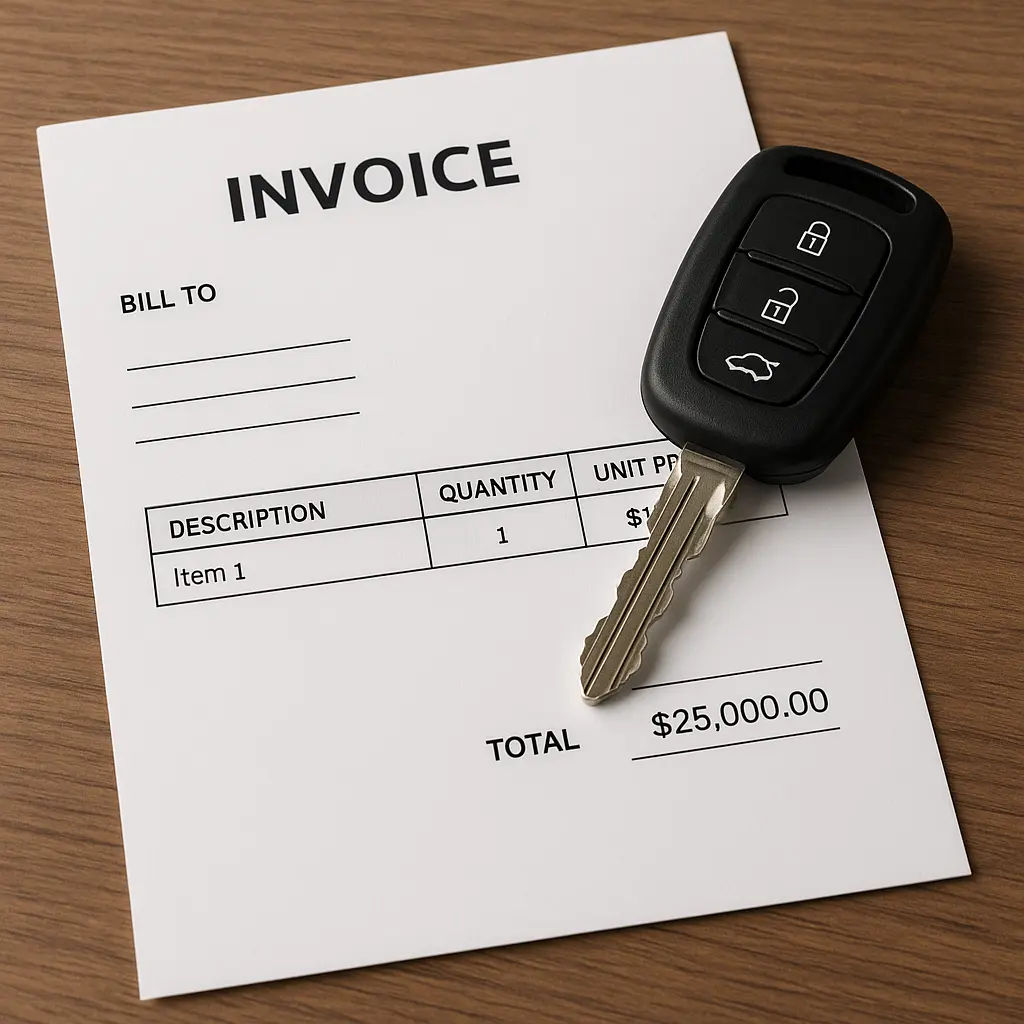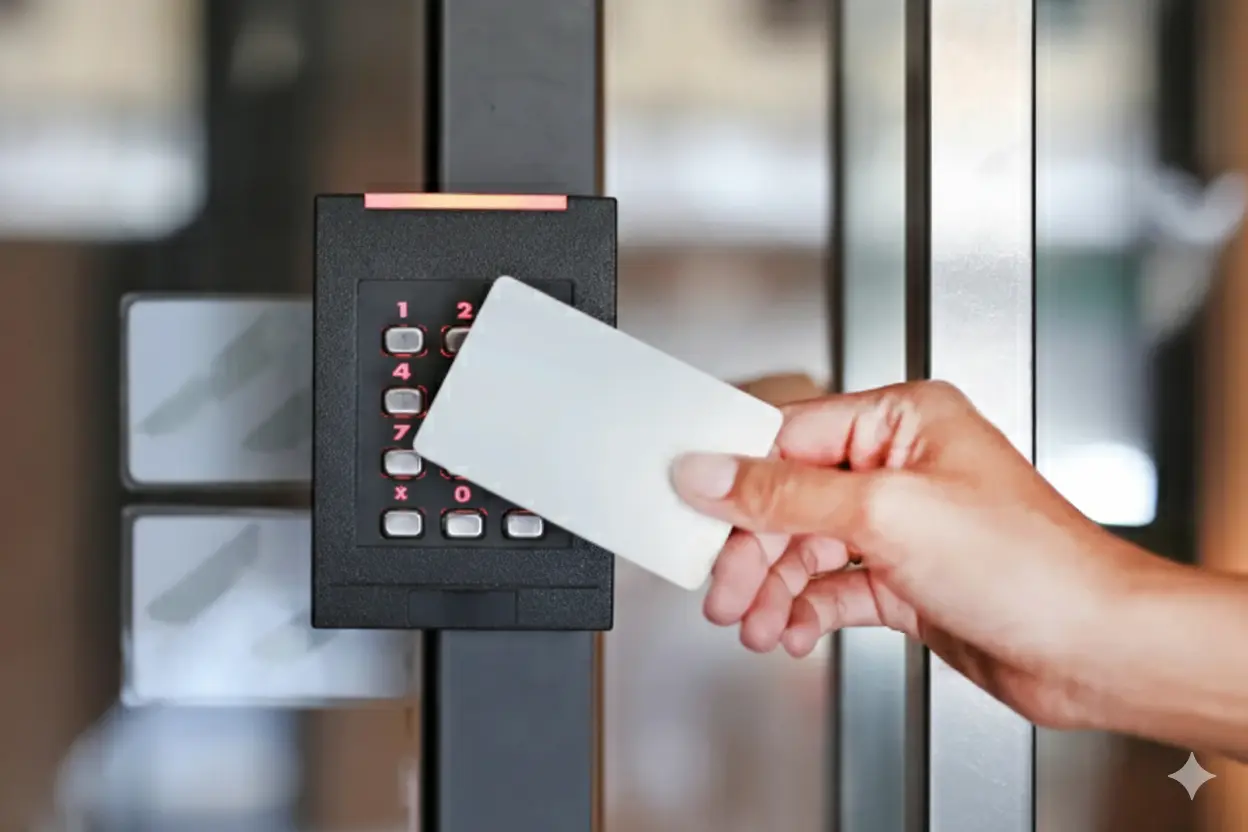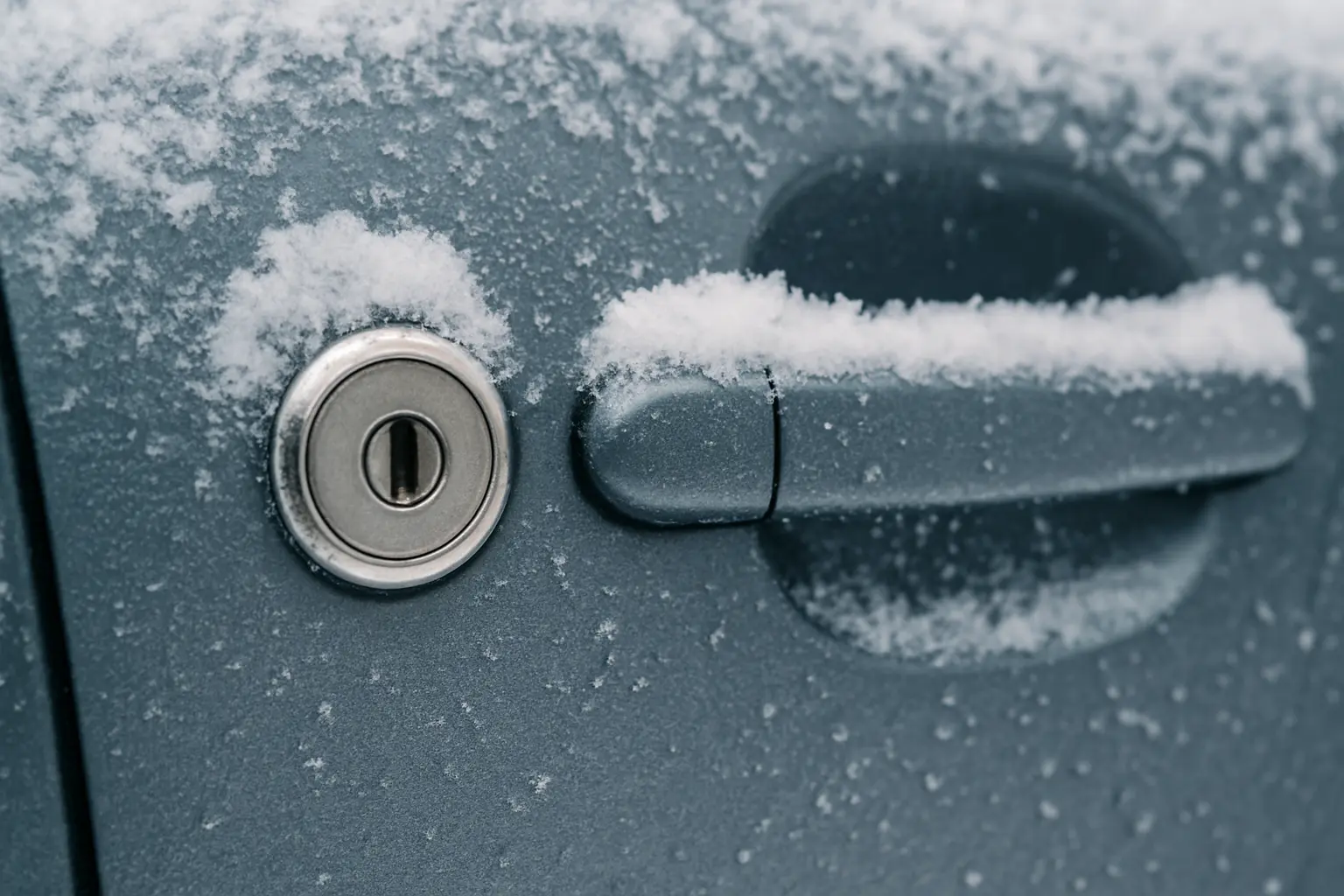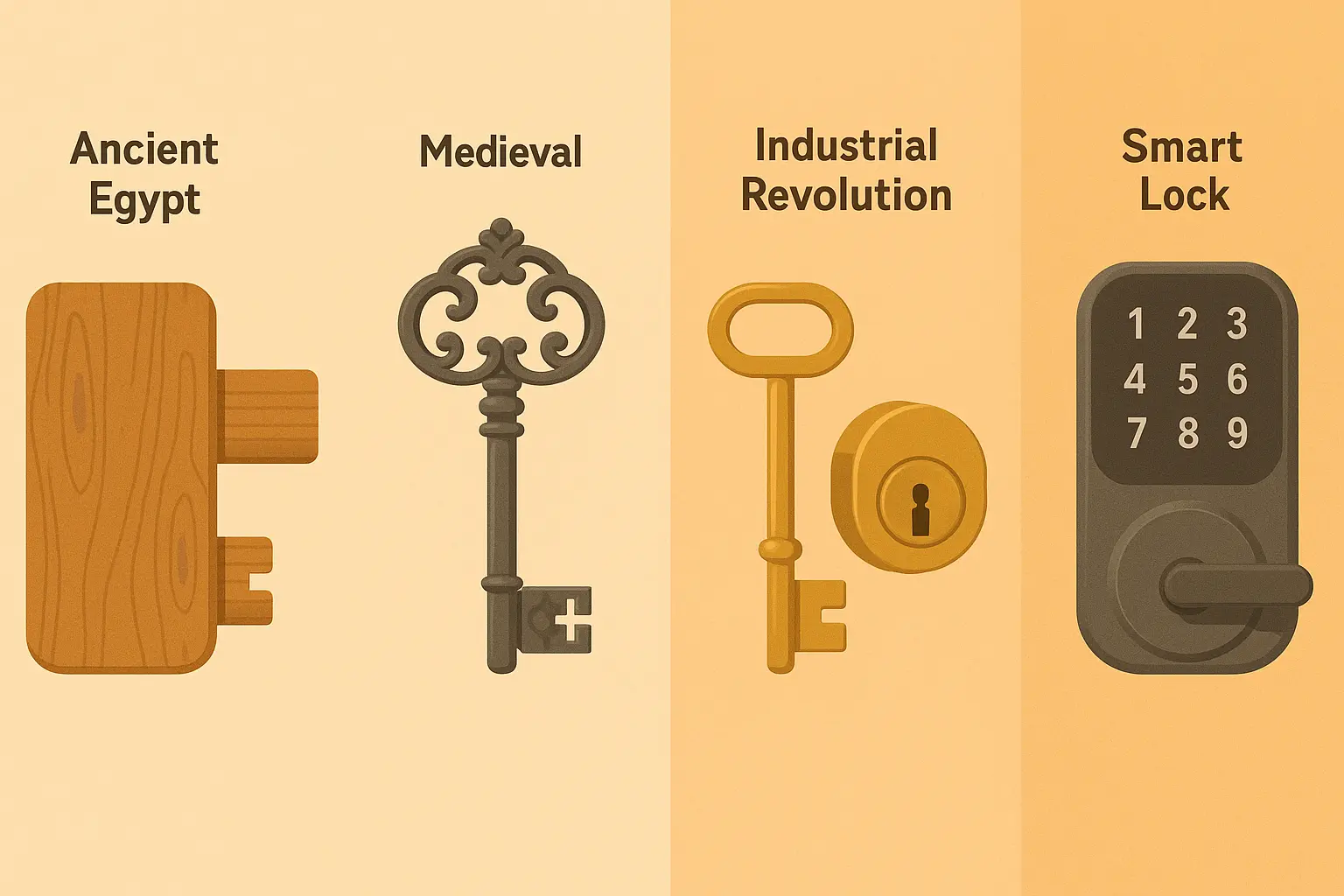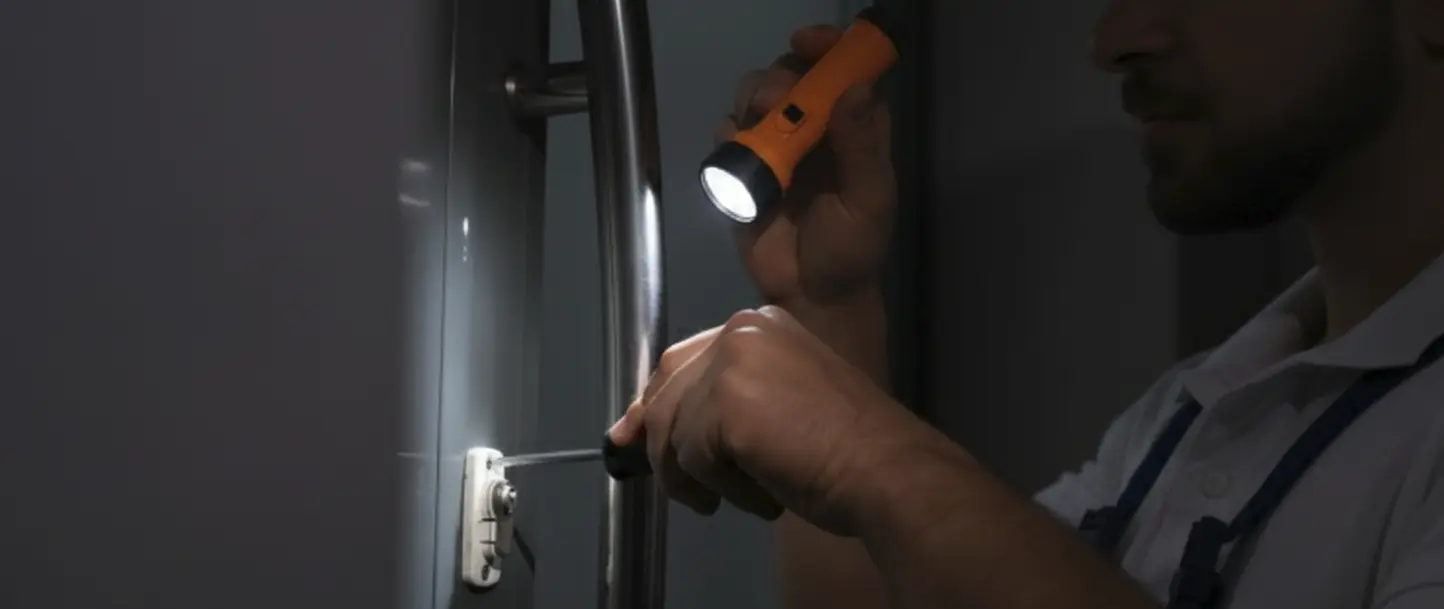
How to Choose a Trustworthy Locksmith - Avoid Scams and Overpricing (2026 Guide)
Locked out or unsure who to trust? Get clear guidance before you call a locksmith.
Get free, honest guidanceNo pressure. No obligation. No sales tactics.
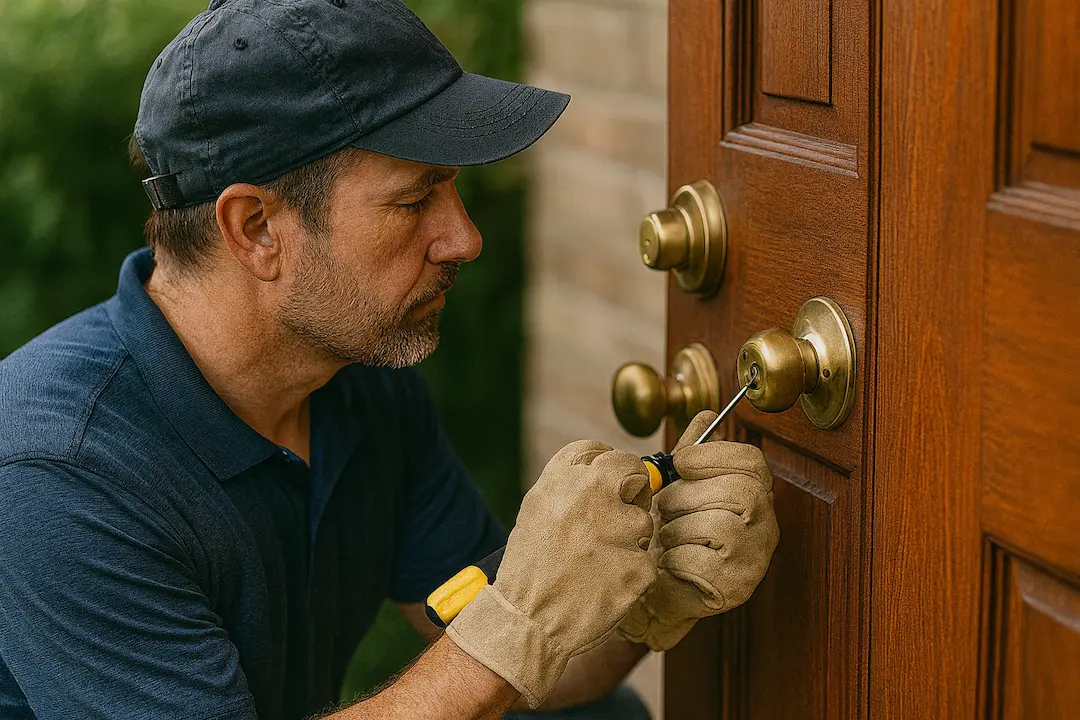
In a hurry? Ask a quick question and get guidance.
This is your complete guide on how to choose a locksmith in any situation, including emergency lockouts, pricing, common scams, and how to find a trusted local professional.
Key Factors When Choosing a Locksmith Company or Service
Choosing the right locksmith isn't just about solving a lock problem -it's about ensuring your home, vehicle, or business stays secure long after the service call. A reliable locksmith combines skill, trustworthiness, and quick response to protect what matters most. Use these key factors to guide your decision.
Qualifications & Licensing
- Is the locksmith licensed and registered in your state with the proper classification for the work?
- Do they hold certifications for specialized services such as automotive transponder programming, high-security locks, or access control systems?
- Is the locksmith licensed and registered in your state? You can verify at official state consumer protection websites .
- Are they members of recognized industry bodies like the Associated Locksmiths of America (ALOA) or the Society of Professional Locksmiths?
- How do they stay updated on emerging security technologies, new lock models, and evolving safety regulations?
Experience & Specialization
- How many years have they been operating in the locksmith industry?
- Do they have proven experience in scenarios like yours -whether it's a late-night home lockout, a safe opening, or a commercial master key system?
- Have they worked with modern smart locks and integrated security systems as well as traditional hardware?
- Do they provide in-house training for new technicians under the supervision of senior locksmiths?
Reputation & Trust
- Seek referrals from friends, neighbors, or local businesses you trust.
- Read independent reviews on platforms such as Google, Yelp, or the Better Business Bureau, focusing on consistent patterns in feedback.
- Ask for recent customer references and follow up to ask about timeliness, quality, and professionalism.
- Look for locksmiths with a visible local presence -a physical shop or a service vehicle marked with their company name and license number.
Service Range & Availability
- Do they offer 24/7 emergency services for home, car, and business lockouts?
- How fast is their average response time in your area, especially during nights, weekends, or holidays?
- Do they cover your entire region, including surrounding neighborhoods, with mobile units equipped for on-site service?
- Can they handle both urgent repairs and planned upgrades like rekeying or installing new locks?
Value & Pricing Transparency
- Always get a written estimate before work begins, including service call fees, labor, hardware costs, and any surcharges.
- Compare quotes from multiple locksmiths, but don't choose on price alone -factor in reputation, warranty, and service quality.
- Be cautious of unusually low prices, as they can indicate hidden fees or substandard materials.
- Ask whether they offer package pricing for multi-lock installations or security upgrades.
Customer Service & Professionalism
- Do they take time to listen to your concerns and explain options in clear, simple terms?
- Will they walk you through the pros and cons of repair versus replacement?
- Do they provide detailed written receipts after service, including hardware details and warranty terms?
- Are they respectful of your property -avoiding damage to doors, frames, and finishes?
Safety, Insurance & Security Standards
- Do they verify ownership before unlocking a property or vehicle?
- Do they carry liability insurance and workers' compensation to protect both you and their staff?
- Are they knowledgeable about child safety locks, ADA-compliant hardware, and secure installation practices?
- Will they advise on ways to strengthen your overall security, from reinforced strike plates to smart lock integrations?
Additional Services to Consider
- Emergency lockout assistance for homes, businesses, and vehicles.
- High-security lock upgrades and rekeying to prevent unauthorized access.
- Safe installation, maintenance, and opening services.
- Key duplication and master key system setup for businesses and multi-unit properties.
- Smart lock installation, programming, and troubleshooting.
Selecting the right locksmith means choosing someone who will be there in an emergency, stand by their work, and offer solutions that protect you for years to come. By focusing on these key factors, you can find a trusted professional who delivers both peace of mind and reliable results.
Quick Navigation - Locksmith Guide
- How to choose a locksmith company
- Emergency locksmith playbook
- Related locksmith guides and real stories
- Choosing a locksmith for your home
- Find Locksmith Near Me
- Automotive locksmith tips
- Safe opening and security advice
- Smart lock installation & setup
- Commercial locksmith considerations
- Lock maintenance tips
- Building trust with your locksmith
- Complete locksmith checklist
- Red flags and scams to avoid
- FAQ
- Contact
Emergency locksmith playbook: from panic to plan
How to Choose a Locksmith - Quick Tips
Even in an emergency, the same rules apply when it comes to how to choose a locksmith. Use these quick tips for finding a good locksmith so you can act fast without sacrificing trust or quality.
In some areas this happens a lot. For example, Springfield locksmiths often get multiple late-night calls every weekend.
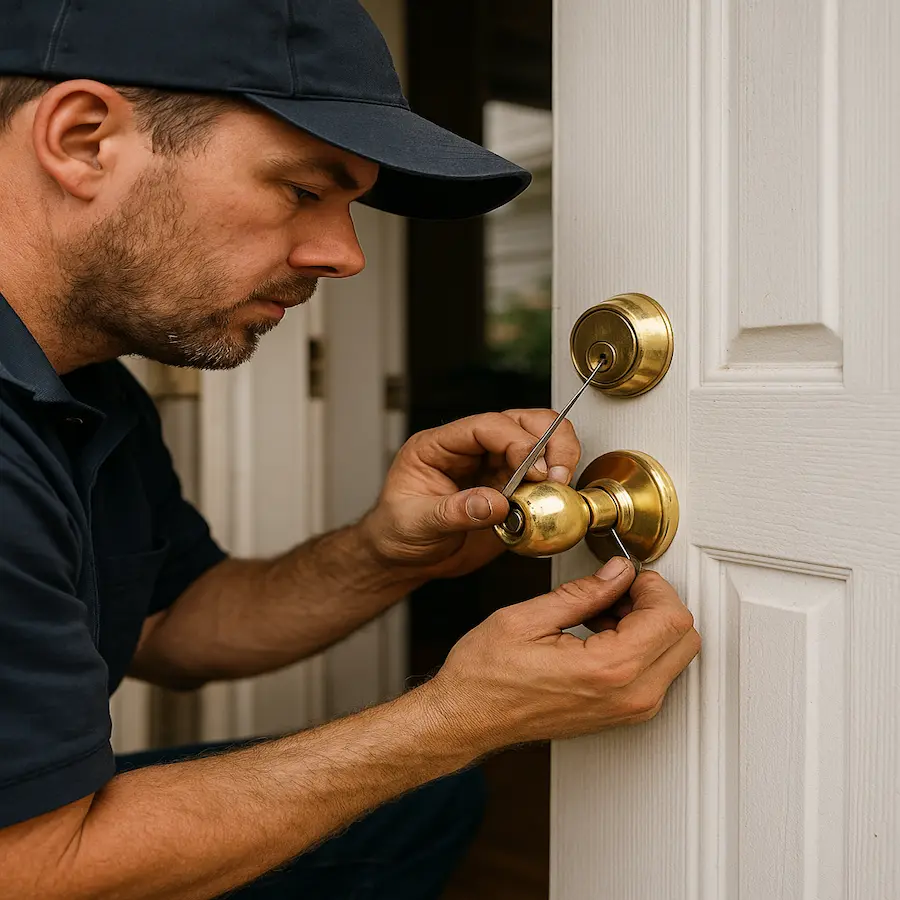
In the first moments of a lockout, emotions can run high - frustration, worry, and sometimes even panic. Whether it's your home door refusing to budge, your car keys locked inside, or a safe that won't open, the key to handling it well is slowing down your mind before you speed up your actions.
Step one: pause and take a deep breath. Check all possible entry points - windows, side doors, garage entries. For a vehicle, check all doors and the trunk. For safes, double-check codes or backup keys. Contact someone who might have a spare, and while waiting, gather information you can give a locksmith: lock type, location, and any special circumstances (for example, high-security locks or electronic systems).
If you're locked out due to a fire or urgent safety concern, always call your local fire department guidelines (NFPA) first before attempting reentry. A locksmith should only be called once the scene is safe.
The right locksmith turns a worst-case moment into a brief inconvenience you forget tomorrow. The wrong one leaves you with unnecessary damage, inflated costs, and lingering doubts about security. That's why you should decide now who you would call later. Save their number in your phone, and share it with family or staff if it's for a business.
Should you tip a locksmith?
Tipping a locksmith is not required, but it is common when the service is fast, fair, and professional. If you want a simple rule: tip after the job is done and only if you are happy with the final price and the work.
Typical tips: $10-$20 for a quick lockout, or about 5%-10% for a longer after-hours job. Many people also just round up. If the price jumps on site or feels like a bait-and-switch, do not tip and ask for an itemized receipt.
The psychology of trust in a locksmith
Locks are not just metal mechanisms; they protect routines, personal spaces, memories, and people. Allowing a stranger to manipulate that barrier requires deep trust. A locksmith who understands this will treat your property with respect, explain their process clearly, and prioritize your safety over speed.
Trustworthy locksmiths speak in specifics, not vague slogans. They will outline options before touching the lock, explain risks and alternatives, and give a price range you can repeat back with confidence. They arrive calm, work cleanly, and leave you with more control and peace of mind than you had when you first called.
Look for signs of professionalism: branded vehicles, photo ID, uniform, and polite communication. They don't push for cash-only payments without receipts, and they encourage you to ask questions.
What to say on the phone (30 seconds)
Read this before you agree to dispatch. If they will not confirm these points clearly, call someone else.
Before you dispatch, can you confirm your company name and license number, your ETA window, and the total price range (including the service call and any after-hours fees)? Also, will you try non-destructive entry first (no drilling unless I approve), and do you accept card and provide an itemized receipt?
5 must-haves before they arrive
Complete locksmith checklist for every service
- Credentials you can verify. Ask for state license, insurance, and memberships like ALOA. A pro can show documents or send a link to their public record. If answers are vague, move on.
- Clear written estimate. Get scope, parts, labor, service fees, after hours fees, and tax in writing before work starts. Confirm what changes the price if the situation is different than expected.
- Prepared arrival. Tech arrives with the right tools for your lock type and has common parts on the truck. This prevents unnecessary drilling and repeat visits.
- Least destructive first. Non destructive entry methods come before drilling. Drilling is last resort and should be explained with reasons.
- Aftercare and prevention. Test with you, lubricate or calibrate as needed, explain basic maintenance, and leave a detailed receipt with warranty and the exact parts used.
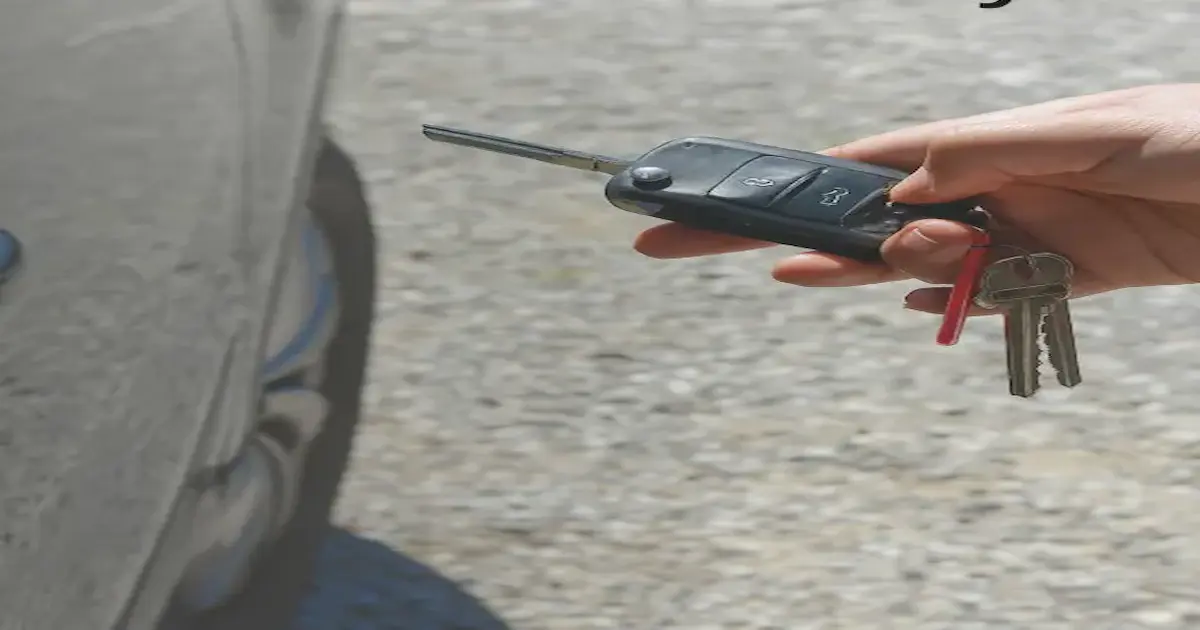
Home and apartment lockouts
- Confirm lock type. Deadbolt, knob lock, lever, mortise, or smart lock. Send a clear photo of the exterior and interior hardware if possible so they arrive ready.
- Non destructive entry first. Pick, bypass, or slip tools for latches. If drilling is required, approve the exact cylinder to be replaced and the brand being installed after.
- Rekey vs replace. If keys are lost or security is a concern, rekey existing hardware to a new key rather than replacing the whole lock when possible to save cost and time.
- Door health check. Ask for hinge, strike plate, and alignment check. Many sticky locks are actually alignment problems that need minor adjustments and longer strike screws.
Automotive lockouts and keys
- Ownership proof and ID. Have registration and a photo ID ready. A legitimate tech will ask before unlocking or cutting a key.
- Method matters. Air wedges and long reach tools should not damage weatherstripping or airbags. No prying on painted surfaces. Ask them to protect trim with pads.
- Key type and programming. Clarify if you need a simple metal key, a transponder chip key, or a smart fob. Confirm they can cut and program on site and if cloning or onboard programming is possible for your make and model.
- All keys lost. Ask how they obtain the key code and if immobilizer PIN is needed. Confirm price includes programming and clearing old keys if security is a concern.
Safes and vaults
- Safe details upfront. Provide brand, model, size, lock type mechanical or electronic, and photos of the dial or keypad and the door edge. This determines tools and time.
- Open methodology. Non invasive first dialing diagnostics or electronic troubleshooting. If drilling is required, ask where the drill point will be and how the hole will be repaired and finished.
- Lock upgrade option. After opening, consider converting to a modern UL listed electronic lock or a high quality mechanical dial. Confirm warranty on the new lock and the patch work.
Smart locks and access control
- Compatibility check. Door thickness, backset, existing bore holes 2 1 8 inches standard, latch type, and Wi Fi or hub requirements. Confirm platform support iOS Android and if you need HomeKit or Google compatibility.
- Secure install. Ask for reinforced strike plate with long screws into the stud, proper latch alignment, and calibration. Weak strikes defeat even advanced smart locks.
- Onboarding and training. Request help setting up the app, creating user codes, enabling logs if available, and turning on auto lock only after alignment is confirmed to prevent lockouts.
Business and commercial
- Code compliance. Verify hardware meets local fire code and ADA requirements. Exit devices, closers, and panic bars must open freely without keys or special knowledge from the egress side.
- Key control plan. Consider restricted keyways to prevent unauthorized duplicates. Ask for a key hierarchy chart and a process for issuing and recovering keys when staff changes.
- Maintenance schedule. Door closers, hinges, and exit devices need periodic checks. Ask for a simple quarterly checklist you or your staff can follow to prevent failures.
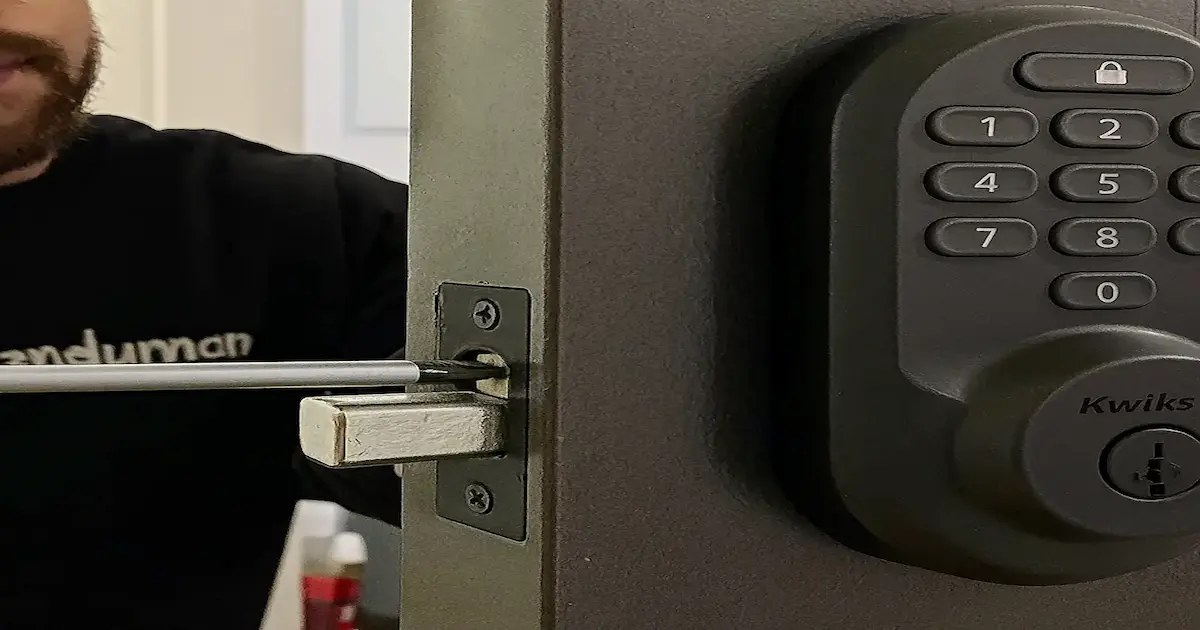
Emergency calls and scams to avoid
- Dispatch transparency. Confirm the company name, the vehicle that will arrive, and an arrival window. Ask if the tech is an employee or a subcontractor and who guarantees the work.
- Avoid bait pricing. Very low phone quotes often become high on site bills. If the price changes, demand a clear reason tied to the actual hardware and approve or decline before work continues.
- Payment and receipt. Pay with a method that leaves a record. Get an itemized receipt that lists the exact parts and the warranty period. Keep photos of the work for your records.
Quick prep before they arrive
- Take clear photos. Door edge, faceplate, interior and exterior hardware, and any labels or brand marks.
- Clear the work area. Move rugs and furniture and have pets secured so the tech can work safely.
- Have IDs ready. Vehicle registration and ID for cars. Lease or proof of residence for homes if asked.
- Decide on security goals. Rekey, upgrade hardware, or add a smart lock. Knowing the goal avoids repeat visits.
Common traps to avoid
- "Flat fee" ads that sound too good to be true, only to double or triple the price on site.
- Technicians in unmarked vehicles with no ID or business name, often pushing for cash-only transactions.
- Immediate suggestion to drill without attempting non-destructive methods like lock picking or decoding.
- Vague answers about arrival time, cost, or process - these signal lack of professionalism.
- Phone answered with a generic "locksmith" instead of a clear company name.
- Refusal to give a written estimate before starting the work.
- Quoting one price on the phone but presenting a much higher invoice afterward.
- Pretending a simple lock requires expensive high-security hardware replacement.
- Pressuring you to approve extra services you didn't request, like replacing all locks.
- Not asking for proof of residency or ownership before unlocking a door.
- Excessive charges for basic parts such as standard deadbolts or keys.
- Claiming a license is not required when your state clearly mandates locksmith licensing.
- Fake online reviews with repetitive language or profiles created on the same date.
- Technicians who refuse to provide a warranty or guarantee on their work.
- Routing your call to a distant call center rather than a local shop in your city.
- Arriving without proper tools, then insisting drilling is the "only option."
- Requesting full payment upfront before starting the job.
- Inflating emergency fees at night or weekends without prior notice.
- Using scare tactics, like claiming your locks are "illegal" or "unsafe" to push upgrades.
To learn how to spot and avoid locksmith scams, the Federal Trade Commission (FTC) provides a clear guide for consumers.
Remember: urgency is real, but so are your rights. You can ask for proof of credentials, decline service if uncomfortable, and call another locksmith without obligation.
End the key panic for good with smart solutions
If lockouts happen often, the solution might be changing the system - not just the key. Smart locks and keyless entry systems replace the question "Where are my keys?" with a code, a fingerprint, or a tap on your phone. Look for features like auto-lock timers, temporary codes for guests, activity alerts, and weather-resistant construction.
When considering smart locks, review the NIST guidelines on IoT security to ensure you choose products with strong cybersecurity standards.
A skilled locksmith will guide you through options based on your door type, home or business layout, and habits. They'll also ensure you have a reliable backup - mechanical override or hidden physical key - in case of battery failure or technical issues.
Find trusted local locksmiths
Choosing a locksmith for your home
Your home is more than an address - it's your safe space. When you hire a locksmith for residential work, you're inviting them into that space, so the vetting process matters. Ask if they have experience with your type of lock: traditional pin tumbler, high-security deadbolt, or smart home integration.
Look for locksmiths who offer preventive advice, like reinforcing strike plates, upgrading to anti-bump locks, or setting up rekey schedules after moving in or changing roommates. They should respect your privacy, work without unnecessary damage, and explain exactly what was done before they leave.

Automotive locksmith tips for quick and safe service
Being locked out of your car or losing a key fob can derail your day fast. Not all locksmiths specialize in vehicles, so confirm they have automotive-specific training and tools. This includes the ability to cut and program transponder keys, reprogram key fobs, and unlock vehicles without damaging seals or electronics.
For example, drivers in Fremont often need emergency locksmith help when stuck outside their cars.
A good automotive locksmith will ask about your car's make, model, and year before quoting a price. They'll also warn you about possible dealership-only scenarios and help you decide between repair and replacement.
Safe opening and secure storage advice
Safes protect valuables, but when they fail - whether due to lost combinations, mechanical faults, or battery issues in electronic models - you need a locksmith with safe manipulation experience. This is a niche skill, and not every locksmith offers it.
Ask if they use non-destructive methods first, such as lock scoping or manipulation, before resorting to drilling. A professional should also help you maintain or upgrade your safe to avoid future lockouts and keep contents secure.
Commercial locksmith considerations
Businesses have unique security needs, from master key systems and high-traffic door hardware to access control systems and keyless entry. A commercial locksmith should understand building codes, ADA compliance, and how to integrate mechanical and electronic systems seamlessly. For workplace safety standards, review the OSHA guidelines for businesses .
Before hiring, check if they offer after-hours emergency service, ongoing maintenance contracts, and upgrades for evolving security threats in your industry.
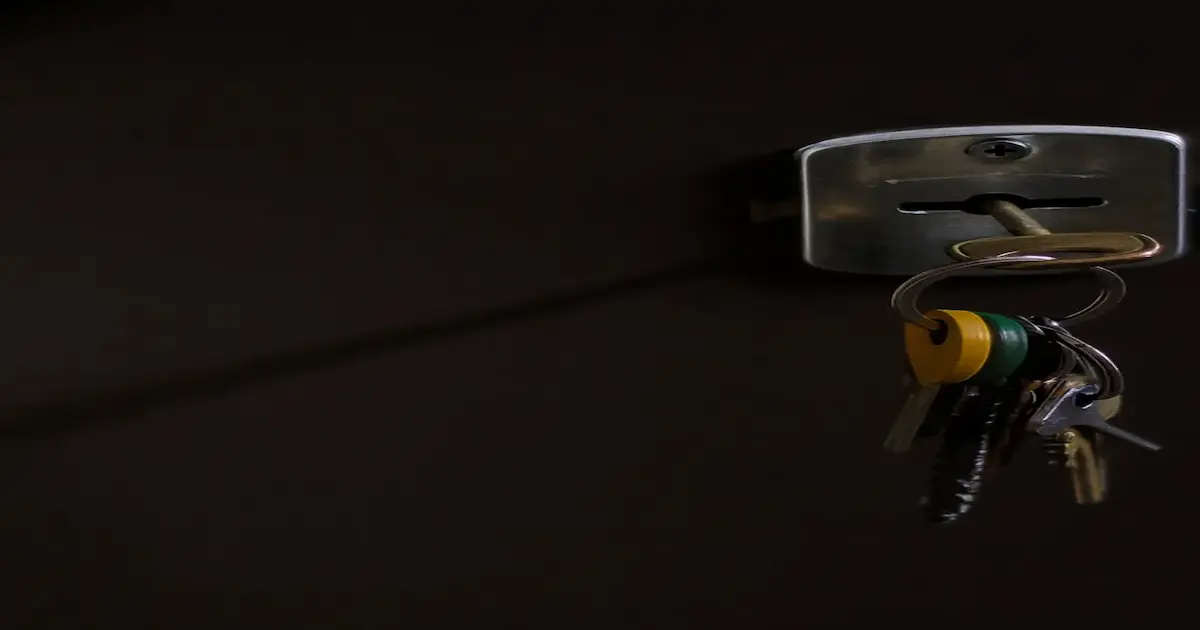
Lock maintenance tips to prevent future problems
Many lockouts and failures can be prevented with regular maintenance. This includes lubricating mechanisms, checking door alignment, replacing worn keys, and updating electronic firmware for smart locks.
A locksmith invested in your long-term security will show you these steps, recommend quality hardware, and remind you of annual or seasonal check-ups.
Editorial policy
This guide is written for consumers to help them avoid scams and choose qualified locksmiths. Always verify licensing and insurance where applicable, and request itemized receipts.
Locksmith FAQ - clear answers before you call
-
Call a trusted locksmith who offers emergency lockout services. Provide your exact location, type of lock, and any special circumstances so they can arrive prepared.
-
Tipping a locksmith is not required, but it is common when the service is fast, fair, and professional. Tip only after the job is done and you are satisfied with the final price and the work.
Typical tips: $10-$20 for a quick lockout, or about 5%-10% for a longer after-hours job. Many people also just round up. If the price jumps on site or feels like a bait-and-switch, do not tip and ask for an itemized receipt.
-
Most locksmiths can replace or repair common locks, including residential deadbolts, commercial hardware, and vehicle locks. Some specialized or high-security locks may require a locksmith with additional expertise.
For example, in Hartford , local locksmiths often handle both simple and advanced lock repairs.
-
Yes. Locksmiths can create duplicate keys for homes, offices, vehicles, and even some high-security locks. Always test the duplicate key before leaving the shop.
-
Many locksmiths install and maintain digital door locks, keyless entry systems, and other security hardware. Confirm their experience with your specific system before hiring.
-
Look for proper licensing, insurance, and membership in professional organizations like the Master Locksmiths Association. Verify their identification, check for a marked vehicle or uniform, and read reviews from trusted sources.
-
Yes. Reputable locksmiths require proof of ownership or authorization before unlocking a property, vehicle, or safe. This protects both you and the locksmith from unauthorized access situations.
-
A professional locksmith should accept multiple payment methods, including credit/debit cards, not just cash. Be cautious of those who demand cash only.
-
Yes. Beware of locksmiths who make false claims of accreditation, advertise police endorsements without proof, or offer suspiciously low prices that change once they arrive.
-
While most locksmiths can open standard residential, commercial, and vehicle locks, some specialized locks like advanced safes, vaults, or biometric systems may require a specialist with additional tools and training.
-
In most cases, yes -provided you can prove you're the rightful owner of the property or have legal authorization. We'll need to confirm this before making any copies.
-
There are several upgrades that can make standard locks tougher to bypass without the cost of a full replacement:
- Choose a more complex key cut pattern to make picking harder.
- Add high-security pins to resist picking and bumping attacks.
- Switch from a 5-pin to a 6-pin core for added difficulty.
- Opt for Grade 1 hardware for maximum strength and durability.
-
This fee covers the cost of bringing professional service to your location, including:
- Maintaining specialized tools, parts, and equipment in our vehicles.
- Insurance for vehicles, liability coverage, and, when relevant, worker's comp.
- Licensing, training, certifications, and business operating costs.
- Fuel, travel time, and the convenience of on-site service.
For more on understanding service fees, see the FTC guidance on hiring service professionals .
-
We'll show up in a clearly marked service vehicle and uniform, verify your identity, and confirm we have permission to unlock the property. Whenever possible, we'll pick the lock instead of drilling, which saves you money and keeps your hardware intact. Drilling is only done when necessary, such as with certain high-security locks.
-
We accept most major payment types, including cash, credit and debit cards, Zelle, Venmo, and checks. Some services or situations may have exceptions, so it's best to confirm in advance.
-
Rekeying changes the lock's internal mechanism so it works with a new key. It's an affordable way to improve security, keep your current hardware, and, if the locks share the same keyway, let multiple locks work with a single key.
-
We suggest starting with a full security review of your property to spot weak points. For locks, high-security options like ASSA or Mul-T-Lock provide exceptional resistance to picking and drilling. We can customize a setup to fit your specific needs.
Get clear locksmith guidance in minutes
Tell us what happened and where you are. We will help you understand your options and avoid costly mistakes before you call a locksmith.
No spam. No obligation. We only here to help you.
